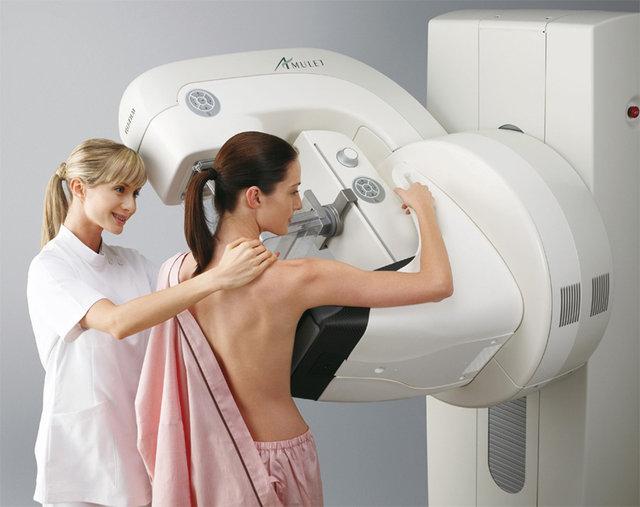
To many women, a mammogram sounds scary. However, this screening can be a real lifesaver. There are two different types of mammograms routinely ordered by doctors. First, there is a preventative test. A preventative screening is done routinely. There is also a diagnostic test, which is often conducted at the first sign of a problem, such as a breast lump or discharge from the nipple.
Many of the nation's top hospital systems indicate that mammograms are not necessary as part of routine screening until a woman reaches the age of 50. At age 50, women should be scheduling this preventative test every two years. Doctors will often teach patients younger than 50 how to perform breast self-exams. However, many guidelines indicate that this is not necessary. Research has also found that this preventative screening is not effective after a patient reaches 75 years of age.
These guidelines often contradict the recommendations of the American Cancer Society as well as the National Cancer Institute. These organizations take a much more aggressive approach to the prevention of breast cancer. Both of these organizations recommend that breast cancer screening begin at the age of 40, and then routine screenings are recommended every one to two years. However, women with a family history of breast cancer should receive a screening before the age of 40. In high-risk patients, a patient's doctor will recommend a regular screening schedule, regardless of age.
Some patients may be asked to schedule a mammogram every three to six months. These are often individuals who have had an irregular mammogram or have had an abnormal clinical breast examination. Clinical breast examinations should take place at a women's annual exam or at least every three years.
Determining when you should schedule your first screening can sometimes be confusing, as the result of many different guidelines. For this reason, consult your physician. Your first test will often be determined by a clinical exam as well as your family history of breast cancer. Unfortunately, insurance can sometimes play a role in determining whether or not you can receive a test. It is good to remember that this screening procedure is important and may one day save your life. As a result, your doctor's office will work with your insurance company to ensure you can have any and all necessary testing. Insurance issues should not be a reason to go without receiving this potentially lifesaving test.
Leave a Comment